Date: Tuesday, October 27, 2009
Time: 6PM to 8PM
Place: 25 West 43rd Street, Room 1000
between 5th & 6th Avenues, Manhattan
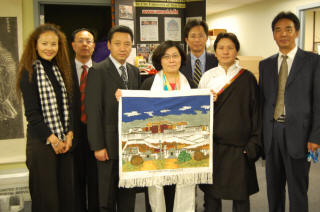
Scholars from China Tibetology Research Center will present on Tibetan history, culture and religion:
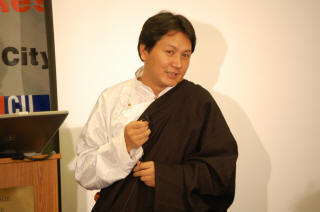
Zheng Dui: Modern Tibetan Buddhism Studies in China
In his talk Tibetan Buddhism, he will present us with knowledge about the formation, advancement, main sects and current situation of Tibetan Buddhism studies.
Nanjia Cairang: Leru Festival — Communication between the Mountain God and Local People
His talk is about the local traditional Leru festival in his hometown: the origin of this festival, the relation between mountain god and local people, main activities during the festival, and the meanings of the festival.
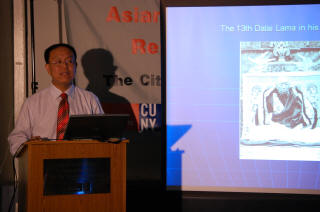
Wang Xiaobin: The Evolution of the Dalai Lama’s Political Status since 1950
In his talk, he will discuss the relationship between the central government and the 14th Dalai Lama. With results from years of in-depth research and analysis, he will present the changes of the attitudes of the 14th Dalai Lama toward the central government.
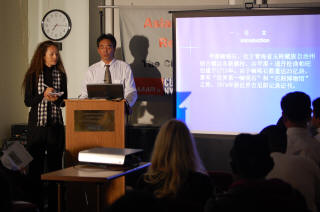
Sanding Cairen: The First Tibetan Buddhist Mani Stones of the World – Yulshul Sengse Gyanag Mani Stone
In his talk, he is going to present us a picture about how Jiana Mani stones are widely applied in his hometown and what the techniques are to produce the stones. In addition, he will demonstrate how some religious sorcerer dances are connected with the Jiana Mani Stones.
Huang Wenjuan will provide interpretion from Mandarin to English.
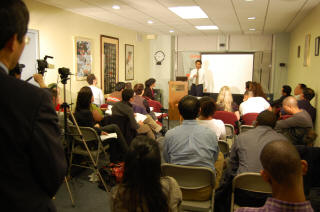
Presentations, views, and opinions expressed in this talk are those of the presenters and not necessarily those of AAARI or CUNY.
